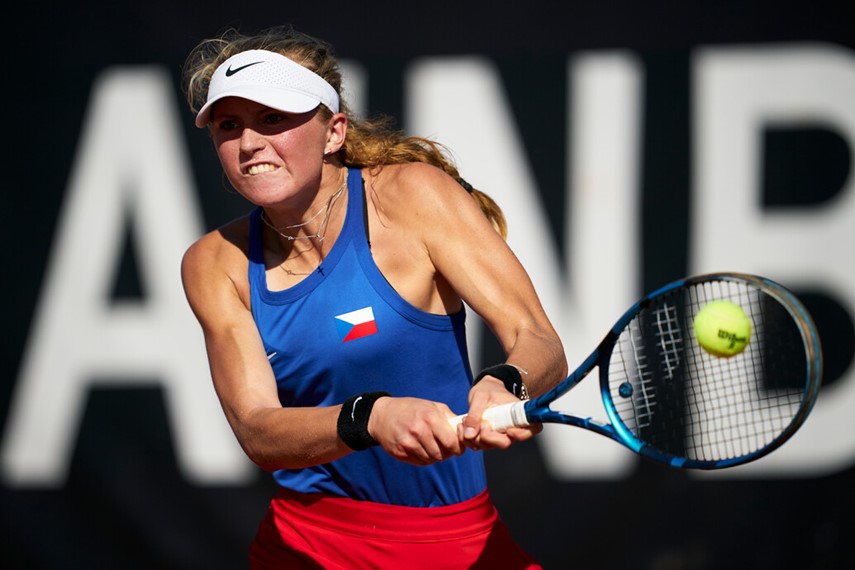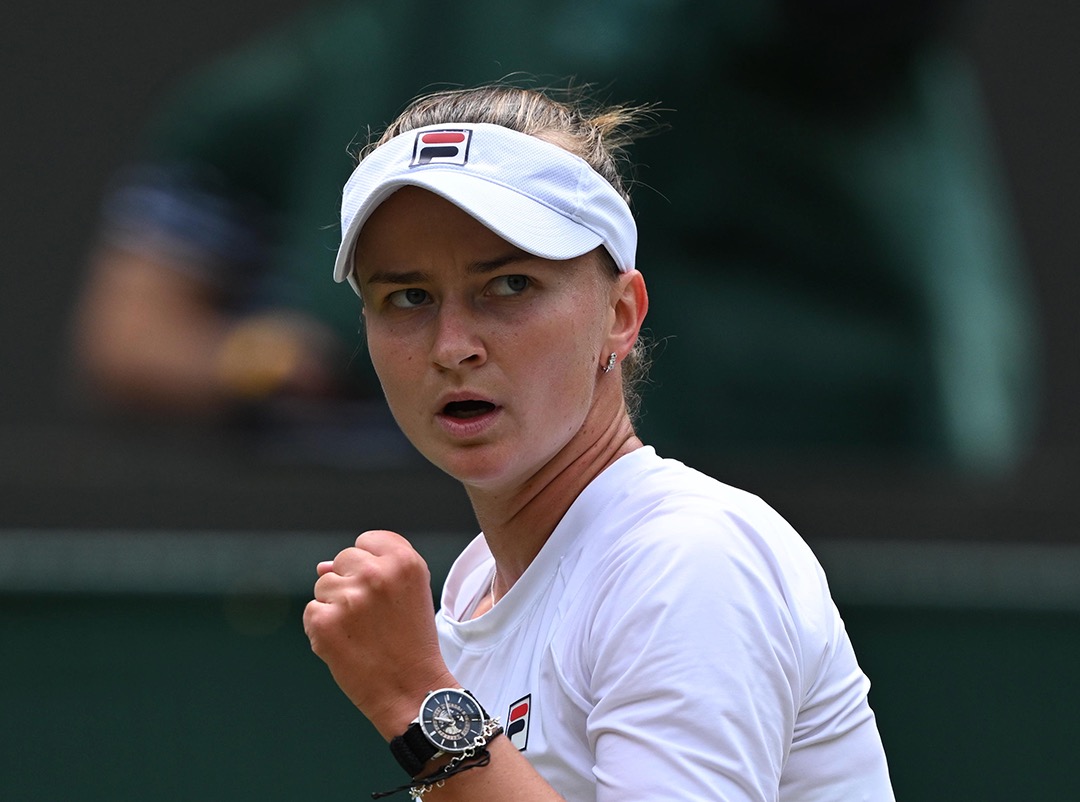WTA
Elena Rybakina Storms Into Semis As Opponent Ostapenko Slams Line Calling System At Australian Open
Rybakina has now defeated three seeded players in a row after beating world No.1 Iga Swiatek and Danielle Collins earlier in the tournament.

Latest news
World No.634 Laura Samson Reaches First WTA Quarter-Final At 16
Latest news
Krejcikova Comes Alive With Her Serve To Win 12th Grand Slam Title At Wimbledon
WTA
Wimbledon Finalist Jasmine Paolini – ‘I’m A Little Bit Scared To Dream Too Much’
-

 Hot Topics3 days ago
Hot Topics3 days agoNo Olympic Village Stay For Novak Djokovic In Paris, Says Delegation
-

 Latest news3 days ago
Latest news3 days agoWorld No.634 Laura Samson Reaches First WTA Quarter-Final At 16
-

 Hot Topics2 days ago
Hot Topics2 days ago(VIDEO) What Is Wrong With Jannik Sinner?
-

 Hot Topics3 days ago
Hot Topics3 days agoFive Talking Points Ahead Of The 2024 Olympic Men’s Tennis Tournament
-

 Focus2 days ago
Focus2 days agoJannik Sinner Withdraws From Olympics Due To Tonsillitis
-

 Focus2 days ago
Focus2 days agoMatteo Berrettini battles past Alejandro Tabilo to reach the quarter final in Kitzbuehl
-

 Focus2 days ago
Focus2 days agoCoco Gauff ‘Proud’ Of Being Named Olympic Flagbearer alongside Lebron James
-

 Hot Topics2 days ago
Hot Topics2 days agoAndy Murray At Peace With Retirement Decision Ahead Of Olympic Farewell






























